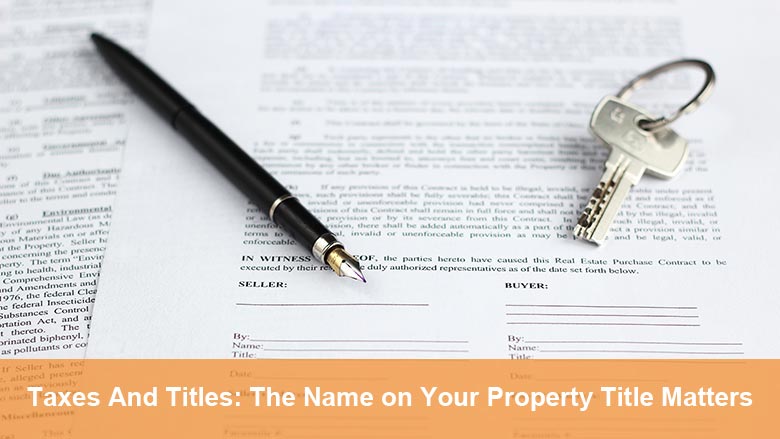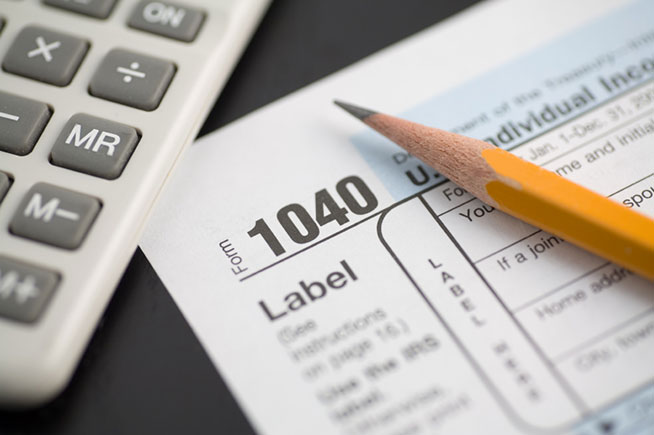
Looking To Buy Real Estate in Sarasota? Avoid the Pitfalls in 8 Easy Steps
Buyers coming from both the US and from other countries understandably have a fair amount of apprehension about buying real estate in Sarasota or Florida in general, especially if they do not know the process. Whether you are a US Citizen or a global buyer, the process is nearly the same.
For global buyers, there are a few more considerations surrounding the movement of money, perhaps, but that’s about all. If the buyer is a cash buyer then these minor complications are reduced. If the deal is to be financed there are a few more hoops to jump through.
But overall the process of purchasing real estate in Sarasota is as simple and straightforward as any home purchase in the US. It just requires a real estate agent who is a good steward of the process and has experience making sure all the due processes are observed speedily and efficiently.
Need help deciding where to buy in Sarasota? Learn about the unique places to live in Sarasota.
Buying Real Estate in Sarasota: Step One – Engage a Realtor
We’ve written at length, and constantly advise our readers, that hiring a Realtor to represent them is the most important decision they will make (other than the house) when buying real estate in Sarasota.
It does not cost you anything as a buyer to use a Realtor as the commission is paid by the proceeds of the Seller at the time of closing. The right expert will ensure you have every bit of information at your fingertips as you begin your search, and steer you through every possible aspect of the property purchase process.
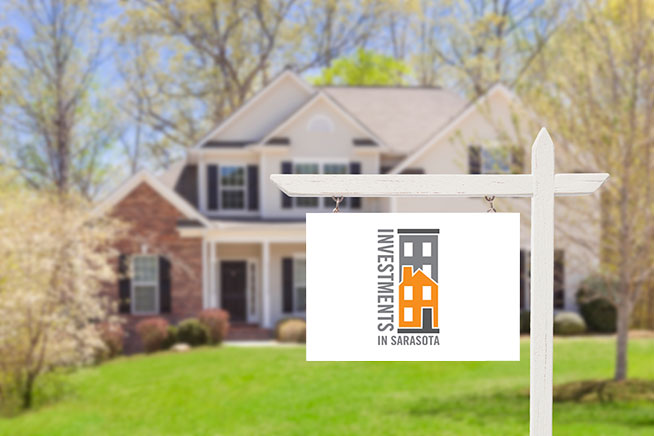
Step Two: Showings and Open Houses — A Great Place to Begin
Once you have decided on a Realtor, showings and open houses are a great place to start your property search.
Open houses, we’ve been told, are not common in some European countries so it’s probably a good idea to explain them here.
In addition to giving you a good perspective on what is available in the market at what price point, open houses offer an opportunity for you, as a buyer, to meet and interview potential Realtors.
Some real estate Realtors hold a listing open so that members of the public can come and view the house. Agents’ opinions on the effectiveness of holding a house open to attract potential buyers are mixed. Some find that open houses can attract people not really interested in buying, only “lookers” who are curious to see the inside of the house.
In our opinion there can’t be any harm in getting some exposure for a listing. As a buyer, open houses offer a good opportunity to get a feel for the market, really understand what you can afford, and to compare properties in your price range.
Once you have found a Realtor that’s going to do a great job for you, you should continue to look at open houses for your own education. However, as a professional courtesy and to be sure that your best interests will be served, you should let other Realtors who are hosting open houses know that you’re working with a buyer’s agent on a purchase. You may be pleasantly surprised to learn they’ll answer questions more candidly, and with greater detail, once they know this, as they will take you more seriously as a buyer.
When you are interested in seeing specific properties your Realtor will make the showing appointments. Usually, the owners of the house are out while you’re shown the property.
Sometimes the seller’s agent will be present to answer your questions about the property and give you more information. Your Realtor should also be fairly well informed and have done their homework on the property.
If the seller’s agent isn’t present they should leave you a listing sheet with all the property’s details. Make sure you make notes of all the things you like, all the things you don’t, and all the things you need further information on.
Step Three: Mortgage Pre-approval – The Next Step in Securing Your Dream Home
The other key step in buying Sarasota real estate is of course having financing in place if you need it. Before you start your property hunt in earnest it’s a really good idea to get pre-approved for a mortgage, just in case you see something you really like.
Without pre-approval you’ll most certainly not be the seller’s first choice should there be several offers, and you won’t really know for sure that you can even afford the property, or get a mortgage.
Please note: pre-qualified is not the same thing as pre-approved. Pre-qualified means you’ve given a lender your income details and financial commitments and they’ve estimated what you can afford.
Pre-approved means they’ve actually checked your credit report, your debt to income ratio, and properly analyzed your financial situation. Once they’ve done this you’re given a pre-approval letter.
This can certainly help in sealing the deal when in negotiations with a seller and indicates that there’s a really good chance you will get a mortgage and the sale will go through.
Step Four: Making a Serious Offer
Once you’ve found the right property, read through the Seller’s Disclosure, and are ready to make a move on it, it’s time to make an offer. In Florida, this is done with a formal contract that lays out the specific requirements and terms on the part of the buyer and seller.
Some Realtors may approach the seller’s Realtor first with an oral offer, to see how the other party responds before they take the time to put anything in writing. We strongly encourage all offers to be presented in writing from the beginning. Offers that come in writing are generally more seriously considered by virtue of the fact that the terms are in writing.
What is a Seller’s Disclosure?
In Florida, it is the homeowner’s responsibility to disclose any issues or material defects not readily visible or known to a Buyer. Your Realtor typically obtains the Seller’s Disclosure form from the Seller’s real estate agent before constructing an offer. This information is critical as it will help you to see if there are any details about the condition of the property that may affect the value you want to offer.
Please see this link for an example of a Florida Association of Realtors Seller’s Disclosure Form as a PDF.
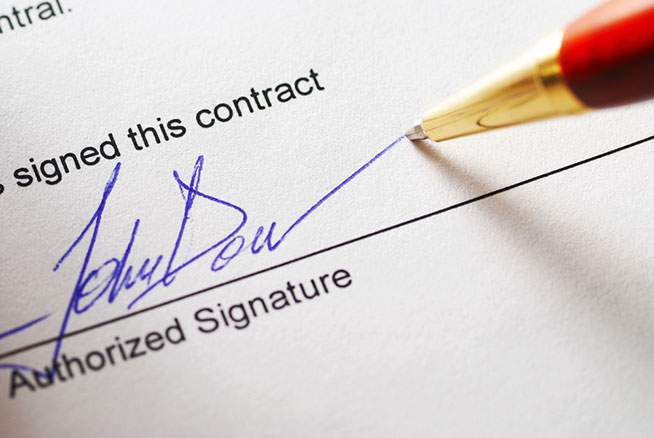
Step Five: The Purchase Contract and What It Should Include
Realtors Primarily Work with One of Two Types of Contracts
- The Florida Realtors/Florida Bar Residential Contract for Sale and Purchase
The standard contract provides that if there are issues uncovered during the inspection with warranted items — i.e. items that affect the integrity of the property, such as a broken roof tile which could lead to a roof leak — the seller is obligated to make repairs of the warranted items (up to a limit agreed upon during the negotiation of the contract).
The standard contract, if not otherwise specified, provides a default of 1.5 percent of the purchase price for repairs. Non- warranted items refer to cosmetic issues, such as discoloration of floor coverings, wallpaper, or window treatments.
To see the most recent version of this contract, and to read the exact verbiage defining warranted and non-warranted items, click here for a PDF download.
- The Florida Realtors/Florida Bar “As-is” Residential Contract for Sale and Purchase
Typically bank-owned, investor-owned, estate sales, or older homes will be marketed and sold “As-is”. This means that should the inspection report reveal issues with the house, the seller is not obligated under the contract to make those repairs.
While the perception is that once the seller agrees to a buyer’s purchase price they will have no further responsibility for the property, our experience dictates that this is not the reality.
In many situations, we actually prefer using the “As-is” contract with our buyers as we believe it protects them more fully should they decide they do not want to proceed with the purchase for any reason during the due diligence process.
There are two primary reasons we prefer to work with an “As-is” contract:
- First, this is the only contract that allows the buyer to receive a full refund of the deposit should they determine that the property is not right for them.
- Second, the seller will most likely agree to make repairs that any subsequent buyer is likely to find an issue with as well.
- As an example, if a house has a termite problem, the seller will likely take action to resolve it, as nearly any future buyer would not proceed with a purchase with the knowledge that an active infestation exists.
Should anything major about the house be revealed during the due diligence period, it will not only be a concern for you but for almost every other buyer as well. So the onus is pushed back to the seller — although they are not obligated to do anything under the terms of the contract — to make the needed repairs or reduce the purchase price accordingly as the problem is not going to disappear and their goal is to sell.
The purchase contract should be drawn up by your Realtor with all the details and signed by you. In many cases, buyers are asked to put up “earnest money” which is a small amount of the deposit, to demonstrate that you are serious about the purchase. Do bear in mind, if your offer is accepted and you then later pull out of the deal without the necessary provisions in the contract, you’ll forfeit that money.
Here’s What the Contract Should Include:
- The price you’re offering for the property
- The percentage or value of the earnest money you will put down. Just as a rule of thumb, many sellers like to see 10% put down for the total deposit. This may take the form of the initial earnest money deposit upfront (within three days usually), and the remainder of the deposit usually is due within ten days of signing, or sometimes at the end of the due diligence period
- Response time to the offer by the seller. The contract should set out in writing the date and time by which you expect a response to the offer. This ensures all parties have a clear idea of how long the offer is valid and helps to keep things moving along or have a definitive end point
- Proposed closing date. In Florida, the majority of closings occur within 30 to 45 days of going to contract. This can vary greatly, however, depending on specific circumstances
- Number of days allotted for due diligence. The default amount in the standard contracts is 15 days
- Repair limits. This is applicable if you’re not using an “as-is” contract
- Financing contingency and time frame. These should be included to protect yourself if you don’t get the mortgage deal you’d hoped for. It should be stated in the contract that the sale will only go through if your mortgage gets approved, and specify the maximum interest, and terms of the mortgage that are acceptable to you
- Inventory of items included in the purchase. Typically, major appliances stay with the property, unless otherwise specified, including fridges, sinks, stoves, microwaves, and often the washer and dryer. It is important to be sure this is clearly spelled out, though, as we have had the experience of very large transactions becoming contentious over these relatively small things.
Obviously, the seller doesn’t have to accept the offer, even if you offer the full price of the listing. And sellers are under no obligation to explain why they reject a particular offer.
Usually, we find most buyers hear back within a day or so, and in most cases, the seller will let you know if the offer was too low, which is where the negotiation begins! You can bide your time at this point and gamble on seeing what happens, or increase your offer hoping to secure the property immediately.
Step Six: Offer Acceptance and Due Diligence – The Devil is in the Details
The minute you learn your offer has been accepted ranks up there as one of life’s most exciting moments. It is important to keep grounded, however, in the fact that there are still many steps in the due diligence stage that may uncover issues or problems on either side. As with much in life, when it comes to real estate deals, the devil is in the details.
After your offer is accepted, if you haven’t already put down earnest money you will be expected to do so on the signing of the contract. Always be aware that earnest money could be at risk if the seller does what he or she is required to by contract and you do not.
Depending on how the terms were set out in the contract, usually within the first few days after execution of the contract, you’ll put down the remaining deposit for the property.
Then it’s time to begin checking off the contingencies set out in your contract, which is where the skill of your Realtor and the quality of the team he or she’s assembled becomes paramount, beginning with the home inspection.
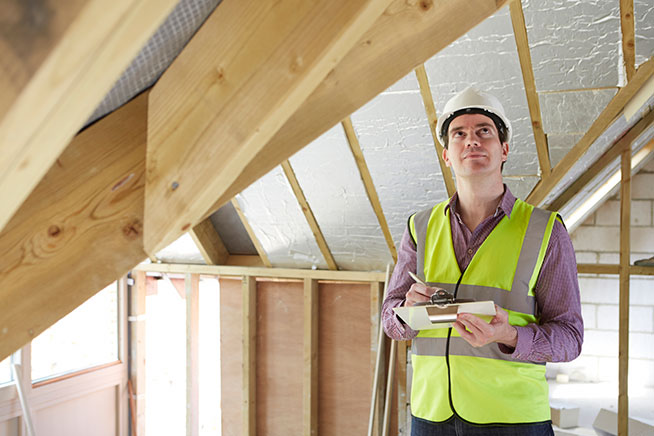
Step Seven: The Home Inspection – Making Sure It Isn’t a Lemon
An inspection checks the condition of the house itself. Even with a brand new house inspections are critical. With new homes, there is usually a guarantee against anything that is wrong, so it may turn out to be really beneficial to get an inspection done.
If the “As-Is” contract is in place, the buyer’s decision to move forward will usually be contingent on the inspection being satisfactory. If the inspection is not satisfactory, the buyer may want to pull out, or some negotiation may be required between buyer and seller to find a solution both are comfortable with.
Some things may need to be fixed, but really the main purpose is to provide an outline of the state of the house so the buyer understands what they’re buying. There are so many issues that can hide in houses, and even if they’re not deal-breakers you need to know what potential costs or issues you’re taking on.
We feel it is important to set the expectation that no house is perfect, even brand new homes, and it is quite normal for there to be in the range of $1000-$2000 worth of work needed. Again, if these are material defects then they will generally be covered by the seller if the standard purchase contract is being used.
Your Realtor should be able to provide you with choices for experienced, professional inspectors and have a preferred inspector they can personally recommend as an exemplary professional. It’s important to make sure that the person who performs the inspection is truly independent and able to provide unbiased, objective information about the condition of the house.
Your inspector should be certified by the American Society of Home Inspectors. Please see our article on Professionals You Need and What They Do for more on this.
Here are the major areas the inspector will cover:
FOUNDATION
Checking if the foundation is sound. If there is a crawl space or basement they will check for signs of water damage, cracks that could indicate structural issues, and moisture.
CONSTRUCTION
The inspector will check if the property is well-constructed or not. While 90 percent of homes in the U.S. are made of wood, many homes in Florida are of concrete block construction. In a wooden home, they will check if the wood is in good condition, with flashing to protect it. In a concrete block home, they will check the quality of the construction, and that the blocks are not degrading. The condition of the roof, as well as windows and any other woodwork, exterior cladding, and guttering, will also be checked.
PLUMBING
The inspection will check if the plumbing is fully functional if there is evidence of leaks, and if all the pipework is in good shape. For houses with wells and septic tanks, the inspection should include these as well.
HEATING AND COOLING SYSTEMS
The inspection will check the condition of the units, how soon they will need replacing, and check the temperature differential to see that the system is operating correctly. In some cases, we may recommend that a specialist in heating and cooling do a separate inspection. For example, when there are multiple cooling systems in a home or there are signs that something is amiss.
ELECTRICAL
Check for any electrical problems or issues, and flag any wiring that may need replacing. Identify any potential safety hazards.
INTERIOR
The inspection will check that floors are level, uncover any mildew concerns, and any drywall or finishing issues on the inside of the property, examine windows and doors, and touch most things that move, open, and close on the inside of the home.
The cost of an inspection in Sarasota, FL usually ranges from $400 to $500. Please see this link for a PDF example of a home inspection report from a firm we regularly work with.
PEST INSPECTION
We always recommend that our clients have a pest inspection done when buying a property, for peace of mind. An average pest inspection costs $30-$50. In Sarasota and Florida in general, these inspections check for Wood Destroying Organisms (commonly referred to as termites), rodent infestations, and also scope out areas that can be sealed to prevent any rodents from gaining access to a home in the future.
If termites are found they need to be treated by a pest expert. To those who are unfamiliar, this might seem like an overwhelming issue, but in fact, the problem is not uncommon in Sarasota and there are well-defined solutions. Termite inspectors make a joke — there are two types of houses…those that have termites and those that will get termites. 😄
If the inspector finds any rodents inhabiting the property, they are typically removed through traps.
How Inspections Play into Insuring your Property
With any house, you buy it’s important to remember that the condition of the house will affect the insurance premiums too. In order to get the most accurate insurance quotes, you must first have the completed inspection report.
Insurance rates tend to be higher in Florida than in other places in the world. As soon as the inspection report is ready it is important to share it with the insurance agent because insurance premiums (the annual amount charged to insure the property) are set based on a combination of factors.
The subset of the inspection reports that will be helpful to your insurance agent will be a four-point inspection (specifically roof, electric, plumbing, and cooling/heating systems) and the wind mitigation inspection. Other aspects of the home that will likely play a role in the insurance rates will be the home’s current condition, age, the cost to rebuild with the current finish, quality of materials, ceiling heights, etc. The proximity of the house to the water and a fire station may also play a factor.
If you are using the standard purchase contract, we would recommend an insurance addendum, so that if you get insurance quotes that may be beyond your budget or willingness to pay, you have another protection as the buyer to legally get out of the contract and get a return of your deposit. Another reason we like working with the “As-Is” contract is that no additional addendum is required. As long as you give notice during the due diligence period you can exit the contract for any reason and get a full return of the deposit.
Step Eight: The Closing
You will attend a closing meeting (or your Realtor will go in your stead) with a closing agent or a real estate attorney.
Here, you will go through and sign all the paperwork necessary to finish the deal. Your Realtor or lawyer should review all of the documents to ensure that everything is as it should be as you go along.
Then funds will be transferred from escrow and you will get your keys. Congratulations, you’re a Sarasota homeowner!





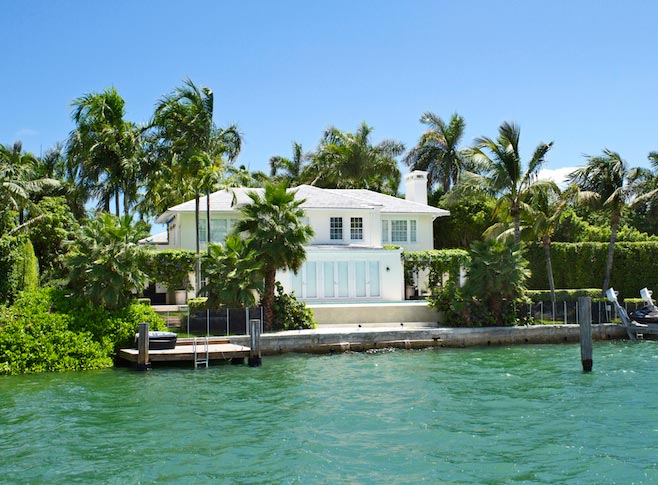
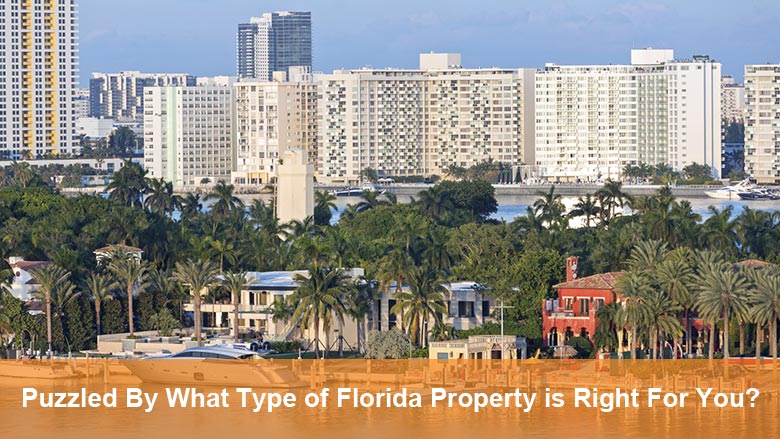
 If you are in the position to pay the premiums demanded for Oceanfront (Atlantic Ocean side of Florida), Gulf Front (Gulf of Mexico side), beachfront, or waterfront property then do it!
If you are in the position to pay the premiums demanded for Oceanfront (Atlantic Ocean side of Florida), Gulf Front (Gulf of Mexico side), beachfront, or waterfront property then do it! If you can afford to choose a single family home for your investment or holiday home, you are making a wise use of your money as these homes tend to produce the highest appreciation over time and also the highest rental incomes.
If you can afford to choose a single family home for your investment or holiday home, you are making a wise use of your money as these homes tend to produce the highest appreciation over time and also the highest rental incomes.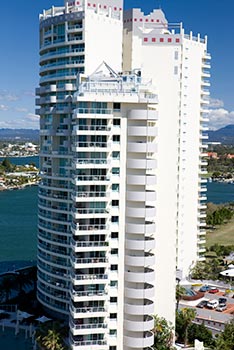 The bread and butter of the
The bread and butter of the  It’s pertinent to note here that most homes, particularly in upper scale neighborhoods in Florida, are managed by Homeowners’ Associations or HOAs. These differ slightly from the concept of Condominium Associations because the owners of the individual lots do not share ownership of the common areas.
It’s pertinent to note here that most homes, particularly in upper scale neighborhoods in Florida, are managed by Homeowners’ Associations or HOAs. These differ slightly from the concept of Condominium Associations because the owners of the individual lots do not share ownership of the common areas.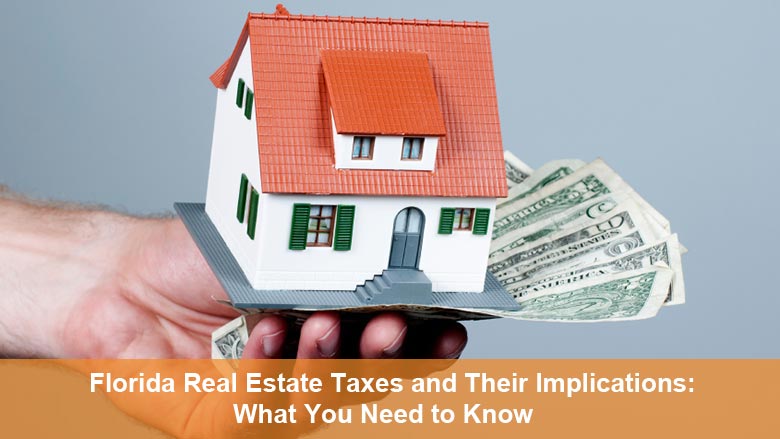
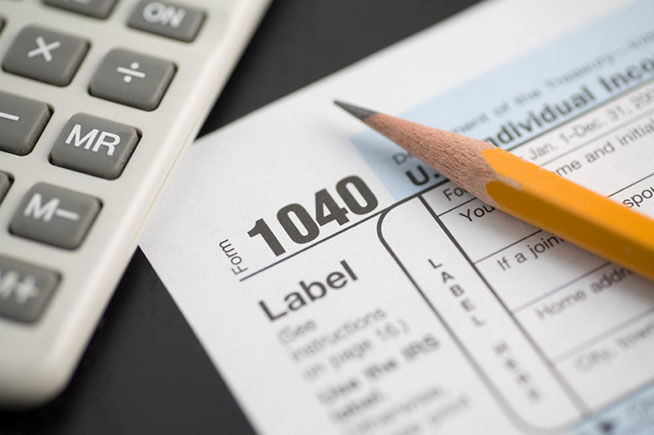


 Wind or windstorm insurance generally is included as part of your Homeowners Insurance, but we want to discuss the topic a bit more thoroughly here as we consider it an important aspect of your policy to understand.
Wind or windstorm insurance generally is included as part of your Homeowners Insurance, but we want to discuss the topic a bit more thoroughly here as we consider it an important aspect of your policy to understand.
